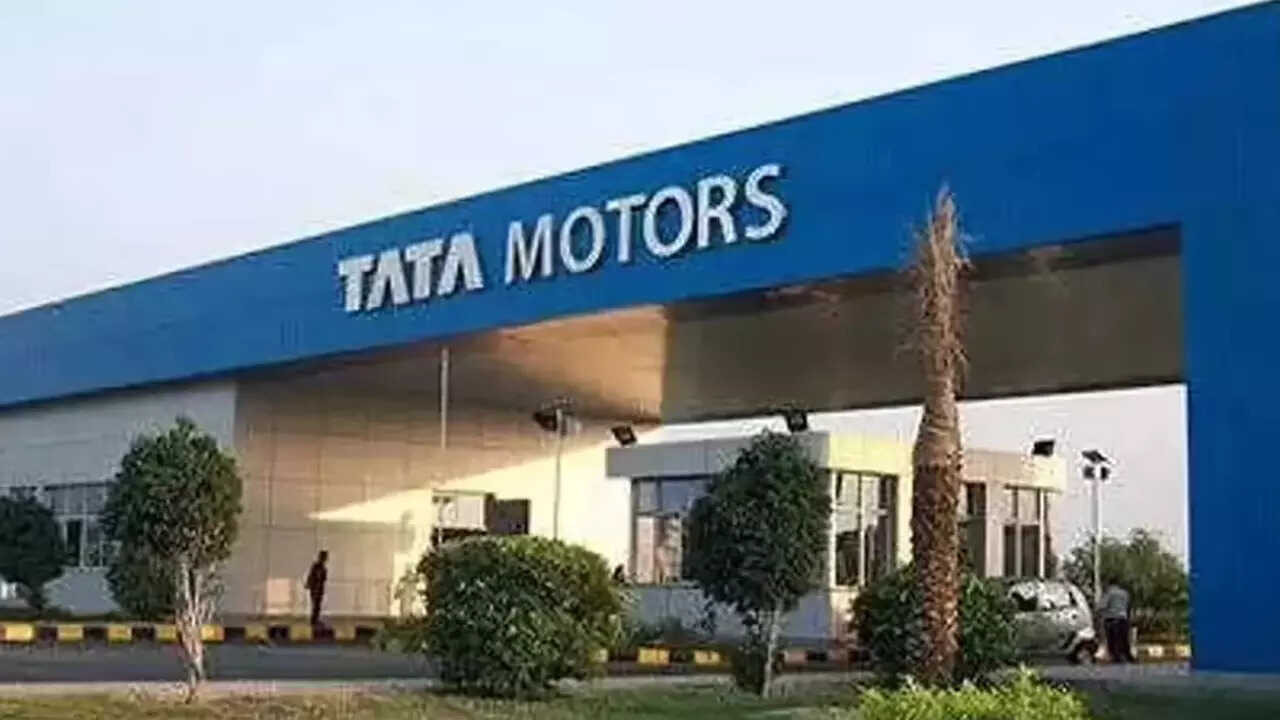Tata Motors is reportedly on the verge of acquiring Italian truck manufacturer Iveco from the Agnelli family for $4.5 billion, marking the Tata Group’s second-largest acquisition after Corus. The deal, excluding Iveco’s defense operations, is expected to be announced soon, pending board approvals from both companies.
Tata Motors Eyes a Big Bite of the European Truck Market
The rumor mill is churning, and the whispers are getting louder: Could Tata Motors be on the verge of a massive acquisition? All signs point to the Indian automotive giant making a play for Iveco, the Italian truck and bus manufacturer currently owned by CNH Industrial. If the deal goes through, we’re talking a potential price tag of around $4-5 billion – potentially making it Tata Group’s second-largest acquisition to date.
This isn’t just another business transaction; it’s a bold statement of intent from Tata Motors. It signals a desire to significantly expand its global footprint, particularly in the lucrative European commercial vehicle market. So, what’s driving this ambition, and what could it mean for the future of both Tata Motors and Iveco?
Why Iveco? A Strategic Play for Global Domination
For Tata Motors, acquiring Iveco makes considerable strategic sense. While Tata has a strong presence in the Indian market, its reach in Europe and North America is relatively limited. Iveco, on the other hand, boasts a well-established network, a strong brand reputation, and a portfolio of trucks, buses, and specialty vehicles that could complement Tata’s existing offerings.
Imagine the possibilities: Tata’s cost-effective manufacturing prowess combined with Iveco’s advanced technology and European market access. It’s a synergy that could unlock significant growth opportunities for both companies. Acquiring Iveco would instantly catapult Tata Motors into a major player in the European commercial vehicle arena, giving it access to distribution channels, manufacturing facilities, and a loyal customer base that would otherwise take years to cultivate organically. It would also provide them with a valuable foothold to explore new technologies and manufacturing processes.
The deal isn’t solely about geography, however. Iveco has been actively investing in alternative fuel technologies, particularly in natural gas and electric vehicles. This aligns perfectly with Tata Motors’ own growing focus on sustainable transportation solutions. Bringing Iveco into the fold would accelerate Tata’s electrification efforts and provide access to cutting-edge technologies that could be adapted for the Indian market and beyond.
The Potential Impact: What Could the Acquisition Mean?
The acquisition of Iveco by Tata Motors would have far-reaching consequences, not just for the two companies involved, but for the entire commercial vehicle industry. It could reshape the competitive landscape, driving innovation and potentially leading to lower prices for consumers.

For Iveco, being part of the Tata Group could provide the financial resources and strategic direction needed to compete more effectively against established giants like Daimler and Volvo. Tata’s deep pockets and long-term investment horizon could allow Iveco to pursue ambitious growth plans and invest in new technologies without the pressures of short-term profitability.
However, challenges certainly remain. Integrating two companies with different cultures and operating styles is never easy. Successfully merging the operations of Tata Motors and Iveco will require careful planning, clear communication, and a strong commitment to collaboration. Successfully navigating those hurdles will be key to realizing the full potential of this acquisition.
Beyond Trucks: The Broader Implications for Tata Group
The possible Iveco acquisition underscores Tata Group’s broader ambitions to become a global powerhouse in various sectors. From steel to software, Tata has been aggressively expanding its international presence through strategic acquisitions and partnerships. Acquiring Iveco would be another major step in that journey, demonstrating the group’s willingness to make bold moves to achieve its long-term goals. It also raises exciting questions about future automotive innovation at Tata Motors, explored further in [our recent article on electric vehicle development](electric-vehicle-innovation).
The Road Ahead
While the deal is not yet finalized, the signs are compelling. The acquisition of Iveco would represent a significant milestone for Tata Motors, transforming it into a truly global player in the commercial vehicle market. It would also provide Iveco with a new lease of life, allowing it to compete more effectively in an increasingly competitive industry.
Only time will tell if this potential acquisition comes to fruition. But one thing is certain: the automotive world is watching closely, eager to see what the future holds for Tata Motors and Iveco. The ripple effects of this deal could be felt across the industry for years to come.







